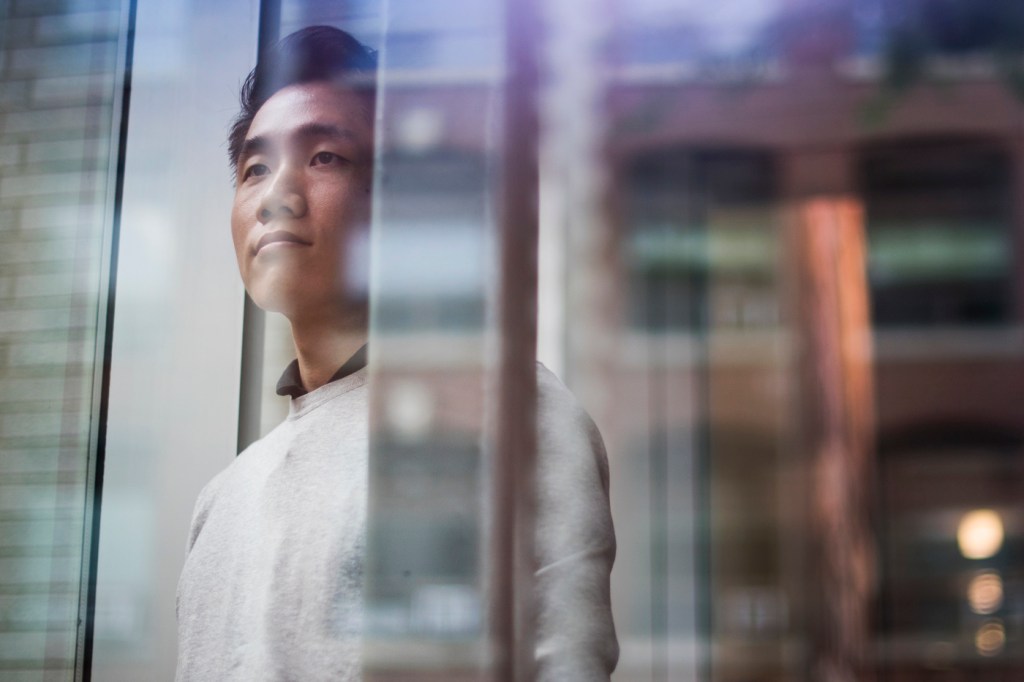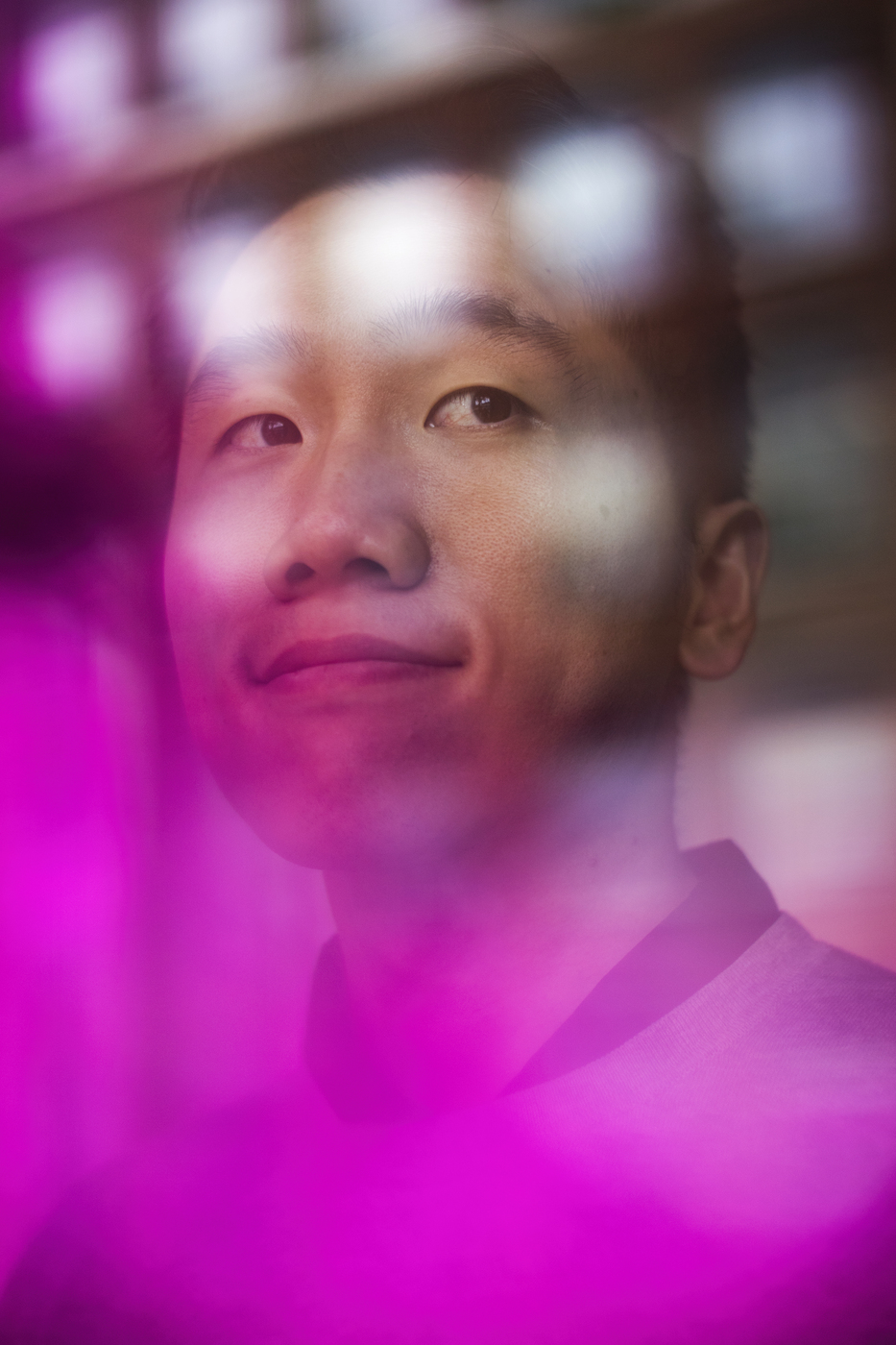Social media echo chambers aren’t making the US more politically polarized. So what is?

The United States is growing more and more politically polarized. According to a recent report by the Pew Research Center, public opinion remains more divided along partisan lines than along the lines of race, religion, age, gender, or educational background. It’s likely that you don’t have to look much further than your own social media feeds to see the evidence of this.
Scholars and journalists alike have blamed the rise of social media and its creation of “echo chambers”—curated feeds comprising posts that match our political beliefs—for increasing the polarization among people throughout the world.
But Donghee Jo, a who started this fall as an assistant professor of economics at Northeastern, said social media might not be the reason people have become more entrenched on the left or right. In fact, the truth might be just the opposite.
Earlier this year, Jo and his collaborators published a report, the findings of which flew in the face of the conventional theory that our ability to curate social news feeds composed mainly of people who share our worldviews has caused the country to become more politically polarized.
The researchers instructed more than 1,400 people to get their news exclusively through an app designed by Jo’s team. Half the participants were allowed to select the news sources fed into the app. The other half received news only from randomized news sources that either aligned or clashed with their political viewpoints.
The people who selected where they got their news largely chose outlets that reflected their own beliefs. People who were more liberal chose liberal-leaning news outlets and people who were more conservative chose conservative-leaning outlets. This created the“echo chambers” that, according to conventional theories, lead people to develop more extreme political views.
But that conventional theory broke down with the group that received news from randomized outlets. In the end, they were more likely to express radical policy views than their counterparts who were stuck in the echo chambers.

Photo by Adam Glanzman/Northeastern University
Jo said this is because people are better attuned to the biases in their preferred news sources than to the biases in unfamiliar news sources.
“Let’s say I’m a liberal person who reads The New York Times,” Jo said, referring to a newspaper that leans toward the left. “I know that they’re generally more liberal, so I can watch for that bias when I’m reading about a new topic. If I were a liberal person learning about a new topic from Fox News [which typically falls more to the right], it’s hard to understand their exact bias and weed out the facts from the politics.”
Jo comes to Northeastern from the Massachusetts Institute of Technology. He said he studies the sociological issues of political ideology from the perspective of an economist.
“Fundamentally, economics is the study of scarce resources in order to maximize their utility,” said Jo, who is also a faculty member of Northeastern’s Network Science Institute. “People’s time and attention are incredibly scarce resources. How are they spending them, and to what end? That’s what I’m interested in.”
Jo’s research is inherently interdisciplinary, though, falling somewhere among economics, sociology, political psychology, and network science.
Researchers mine Twitter to reveal Congress’ ideological divide on climate change
“I’m a scholar who has an interdisciplinary agenda,” he said, “and that’s what Northeastern is all about.”
Jo plans to continue to study the forces behind political polarization across the globe. In the meantime, what can we do about it?
“The short answer is, we don’t know,” he said. “But in doing all this research, I’m personally starting to believe that fixing it will require fundamental changes to society.”





